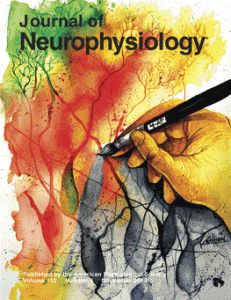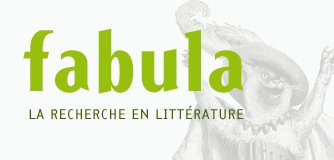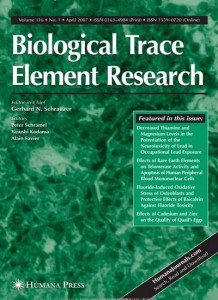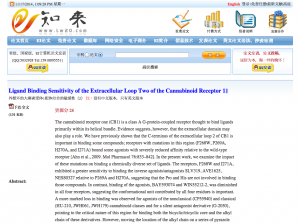 Have you ever noticed that hearing something read aloud as you follow along helps you remember what you’re reading better?
Have you ever noticed that hearing something read aloud as you follow along helps you remember what you’re reading better?
Two bioengineers at Trinity College Dublin, Michael Crosse and Edmund Lalor, decided to investigate the underlying reason for the phenomenon. Unfortunately, after they published their findings in the Journal of Neurophysiology earlier this year, they tried to recreate the experiments and discovered that their equipment didn’t line up the audio and visual stimuli properly.
They did the right thing and contacted the journal for a retraction. Here’s the notice for “The cortical representation of the speech envelope is earlier for audiovisual speech than audio speech”: Continue reading Can you hear me now? Neuroscience paper sunk by audio stimulus error








